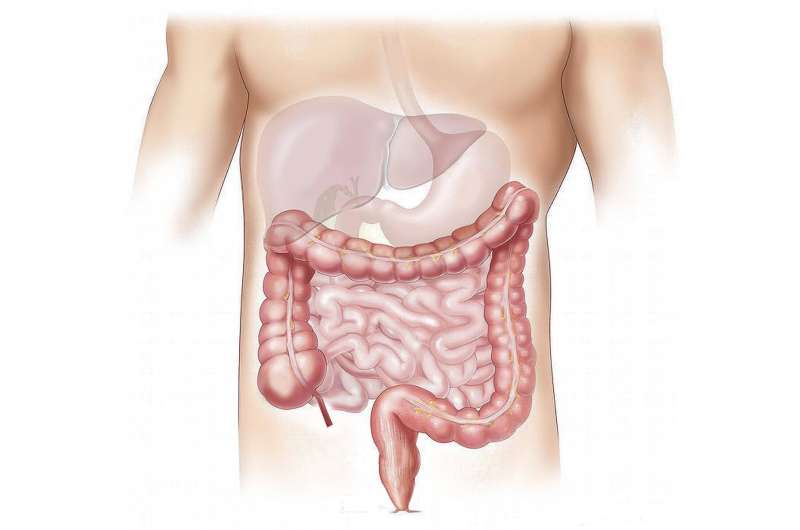Frequent Standing May Improve Heart Health Post-Menopause, New Study Finds

A new study reveals that increasing daily sit-to-stand movements can lower blood pressure and support heart health in postmenopausal women, highlighting simple behavioral changes for cardiovascular wellness.
A recent study conducted by researchers at the University of California San Diego suggests that simple daily habits such as standing more often can positively impact heart health among postmenopausal women. The study focused on women who were overweight or obese and found that increasing sit-to-stand movements throughout the day led to measurable reductions in blood pressure, a key factor in cardiovascular health.
The research was published in the journal Circulation and explored whether frequent short breaks from sitting, even without engaging in intense exercise, could support cardiovascular wellness. Lead researcher Sheri Hartman explained, "While public health messages encourage us to sit less, they often lack specific ways to achieve this. Our findings indicate that interrupting prolonged sitting with brief standing periods—regardless of overall sitting time—can help lower blood pressure."
The study, known as the Rise for Health Study, was a randomized controlled trial involving postmenopausal women. Participants were divided into two groups: one aimed to sit less, and the other was instructed to stand up more frequently from sitting positions. Both groups were compared to a control group that received general health tips without altering sitting behaviors.
Over three months, women in the sit-to-stand group increased their daily standing instances by about 25 and lowered their diastolic blood pressure by approximately 2.24 mmHg compared to the control group. Although this change was below the clinically significant threshold of 3–5 mmHg, it demonstrated that behavioral adjustments lasting just a few months could yield beneficial effects on blood pressure.
Interestingly, neither intervention resulted in significant improvements in blood sugar levels. The sit-less group reduced sitting time by roughly 75 minutes daily, with some blood pressure benefits noted, though not statistically significant.
Researchers suggest that longer-term studies are necessary to determine if continuous behavior changes can further enhance cardiovascular health. Co-author Andrea Z. LaCroix emphasized the potential for personalized, attainable goals, such as standing up 25 additional times daily, which can fit conveniently into a busy schedule and promote better health.
Ultimately, this research highlights that small, manageable changes like increasing sit-to-stand transitions have the power to support heart health, especially in postmenopausal women at higher risk of cardiovascular disease, with ongoing studies poised to explore these effects further.
Stay Updated with Mia's Feed
Get the latest health & wellness insights delivered straight to your inbox.
Related Articles
Gut Microbiota-Derived Palmitic Acid Connects High-Fat Diets to Increased Blood Clot Risk
New research links gut microbiota-produced palmitic acid from high-fat diets to increased blood clot risk, highlighting potential dietary interventions for cardiovascular disease prevention.
New Insights into Immune Mechanisms Preventing Neurological Damage from Oropouche Virus
New research uncovers how the immune system's early response, particularly B cells and MyD88 protein, prevents neurological damage from Oropouche virus, offering hope for future therapies. Read about the latest findings that could aid in developing vaccines and treatments.
Alzheimer's-Linked Protein Identified as a Factor in Lung Cancer Brain Metastasis
New research reveals that BACE1, a protein linked with Alzheimer's, may facilitate lung cancer's spread to the brain, opening new avenues for targeted therapies.
Link Between Red Meat Byproduct and Increased Risk of Abdominal Aortic Aneurysm
New research links high blood levels of the gut bacteria byproduct TMAO—produced from red meat consumption—to an increased risk of abdominal aortic aneurysm. Findings suggest dietary changes could help prevent this life-threatening condition.



